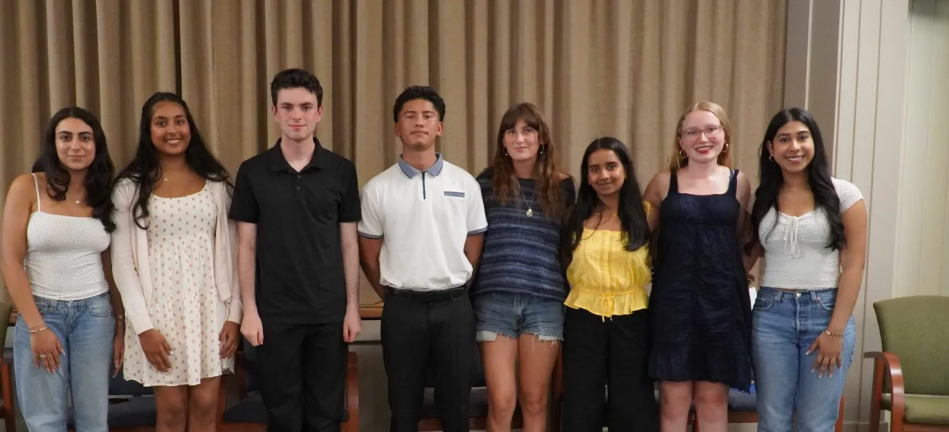
Overcoming Isolation – Participating in the Community
A recent study in The Journals of Gerontology highlighted how daily contact with friends in the community is linked to higher levels of happiness and life satisfaction. The study looked specifically at how interacting with friends resulted in increased pleasantness, less talk about stressful experiences, and an overall better mood. The study found that such interactions played a strong role in enhancing daily emotional well-being in seniors.
This research is a pleasant counter-balance to a study by the late Dr. J.T. Cacioppo of the University of Chicago who found that older adults who find themselves alone are at particular risk. Dr. Stephanie Cacioppo’s research reveals that loneliness automatically triggers behavioral and biological processes that contribute to a series of health concerns.
In fact, research supported by the National Institute on Aging by Dr. S.W. Cole in 2015 showed that loneliness can actually breed other diseases. “The biology of loneliness can accelerate the buildup of plaque in arteries, help cancer cells grow and spread, and promote inflammation in the brain leading to Alzheimer’s disease. Further, it was found that loneliness promotes several different types of wear and tear on the body,” said Dr. Cole.
After months of increased isolation due to COVID-19, it may not be surprising to learn that recent research linked social isolation to a variety of physical and mental conditions, including: heart disease; weight gain; high blood pressure; weakened immune system; as well as mental conditions such as depression; decline in cognitive function; and Alzheimer’s disease.
The good news is that Dr. Cole’s findings also showed that having a sense of mission and purpose in life is linked to healthier immune cells. Caregiving and volunteering diminished loneliness. He noted that, “Working for a social cause or purpose with others who share your values puts you in contact with others and helps develop a greater sense of community.”
In addition Dr. Cole found that, as compared to married older adults, unmarried research participants were reported to have more pleasantness and positivity when they were with friends. Another key finding was that that even interaction with people on the periphery of one’s community, may be beneficial in terms of social interaction, companionship, and having fun.
No matter what your individual situation is, it appears that you can live a happier, healthier life if you participate with others in the community. So slip on that mask and get out there. Your mind and body will thank you.
Cacioppo JT and Cacioppo S. Older adults reporting social isolation or loneliness show poorer cognitive function 4 years later. Evidence-Based Nursing 2014;17(2):59-60.
Cole SW, Capitanio JP, Chun K, et al. Myeloid differentiation architecture of leukocyte transcriptome dynamics in perceived social isolation. Proceedings of the National Academy of Sciences USA. 2015;112(49):15142-15147.
Ng, YT, Huo, M, Gleason, ME, Neff, LA, Charles, ST, & Fingerman, KL. Friendships in old age: Daily encounters and emotional well-being. The Journals of Gerontology: Series B 2021;76(3):551-562.




